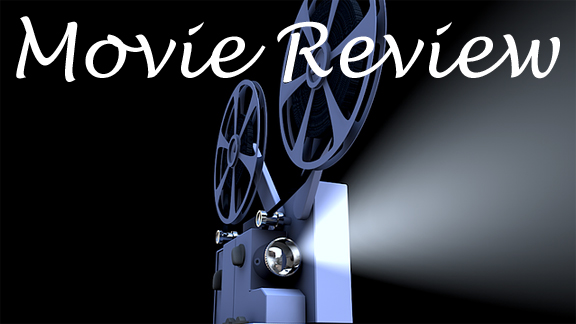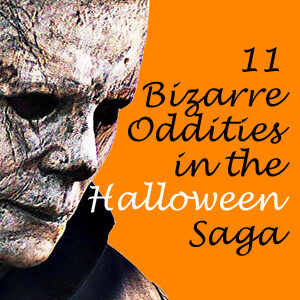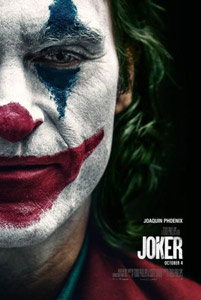In 1988, Alan Moore wrote “The Killing Joke,” imagining the Joker’s origin story outside the primary DC Comics continuity. And now director/co-writer Todd Phillips (“The Hangover” films) does the same with “Joker,” a movie set outside the DC Extended Universe that imagines the Joker’s origin story in more robust fashion than ever before seen on film. It happens to be better than anything in the DCEU so far, so it’s a shame that this is a side project, especially since it builds up Gotham and the Wayne family so effectively.
Insight into mental illness
But mostly, Phillips (along with co-writer Scott Silver) uses the Joker, introduced way back in the first issue of “Batman” in 1940, to provide insight into mental illness. Phillips is armed with arguably the best actor working today, Joaquin Phoenix, who portrays a specific kind of condition: The Joker often laughs uncontrollably, even though – as he tells his state-appointed therapist — all his thoughts are negative and he has never experienced happiness (despite being nicknamed “Happy” by his mom).
Phoenix’s turn might have enough buzz behind it that he’ll become the second Oscar winner for playing the Joker – Heath Ledger won posthumously for “The Dark Knight” (2008), whereas Jack Nicholson was snubbed for “Batman” (1989). All three performances are excellent but wildly different, and Mark Hamill’s animated voice work and Cameron Monaghan’s performance on “Gotham” also deserve nods. The Joker is quite a versatile character for someone who doesn’t have a definitive backstory.

“Joker” (2019)
Director: Todd Phillips
Writers: Todd Phillips, Scott Silver, Bob Kane
Stars: Joaquin Phoenix, Robert De Niro, Zazie Beetz
When we meet him, this universe’s Joker-to-be – named Arthur Fleck – is laughing, but Phoenix does it in such a way that it’s not far removed from crying; he walks that fine line. It kicks off a narrative that challenges us to examine what we should and shouldn’t laugh at. Phillips – often cropping tight on Arthur — makes us intimate and almost complicit with Arthur’s world.
Broadly speaking, Arthur is not a bad guy. He cares for his elderly mom, Penny (Frances Conroy). As he scrapes by with odd jobs in this Gotham beset by a garbage strike and rich-versus-poor sentiment, he’s working on his stand-up comedy career. As we see from his notebook, he’s also trying to behave in such a way that he fits in with society, something that does not come naturally.
Even though this world’s design – hinted at by the technology and some time-stamped pop culture – evokes the early 1980s, “Joker” feels quite timely with the political tension and the newer (in the comic lore) notion of Thomas Wayne (Brett Cullen) as a not-so-benign billionaire. Adding to the urgency is the score by Hildur Guðnadóttir; even before Arthur himself has an inkling he’ll turn bad, the dark horns and strings know it.

Constantly abused
“Joker” uses an obvious yet effective cinematic magic trick wherein we see Arthur constantly being put upon, starting with teen gangster types who steal his Going Out of Business sign and beat him up just for fun. So we might be getting a skewed perspective. As the future Joker perhaps begins to make a mental tally of who he’d like to kill, I was making similar guesses about who might bite the bullet later in the film.
I was also thinking “I hope he doesn’t kill her” in regard to a neighbor in his rickety apartment building, Sophie (Zazie Beetz of “Deadpool 2”). She’s a small ray of light in “Joker,” and also giving a glimpse into a happier element of Gotham is Murray Franklin (Robert De Niro), a Jay Leno/Johnny Carson hybrid. Arthur dreams of performing on Franklin’s show and being loved by all.
Even when Arthur snaps, the film doesn’t revel in violence. We feel the shock and the wrongness of the murders even though we know where Arthur is coming from on most of them. “Joker” doesn’t argue that murder is right, but it shows us the thought process of a mentally ill murderer.
Although this is controversial in some circles, I think it’s a legitimate topic to explore in cinematic art. I think it’s acceptable to sympathize with and understand someone while also acknowledging that their actions are unambiguously wrong.
Unreliable narrator
The only disappointing thing about “Joker” is that it’s not the launch of a Phillips-led Gotham saga wherein we’d get rich origin stories for all the “Batman” rogues gallery. (There is a “Joker 2” planned, however. It might be neat to see a Joker-versus-Batman scheme entirely from the villain’s POV.)
This movie is like “The Killing Joke” not only in that it’s set outside the main timeline but also in that it has an unreliable narrator. I picked up on one of the film’s narrative tricks, but there is another I didn’t grasp. And my movie-going buddy interpreted some things differently than I did.
Still, because we’re right there with Arthur the whole way, “Joker” is easy to follow – and possibly hard to watch for some viewers, although for me its status as fiction (and even fiction compared to the “fact” of the official DCEU, where Jared Leto plays the role) softens the blow.
“Joker” is high art that uses comic-book characters to say something about mental illness, the importance of treatment and medication (and accessibility thereof), the way society approaches mental illness, and the possible consequences for dealing with it poorly.

